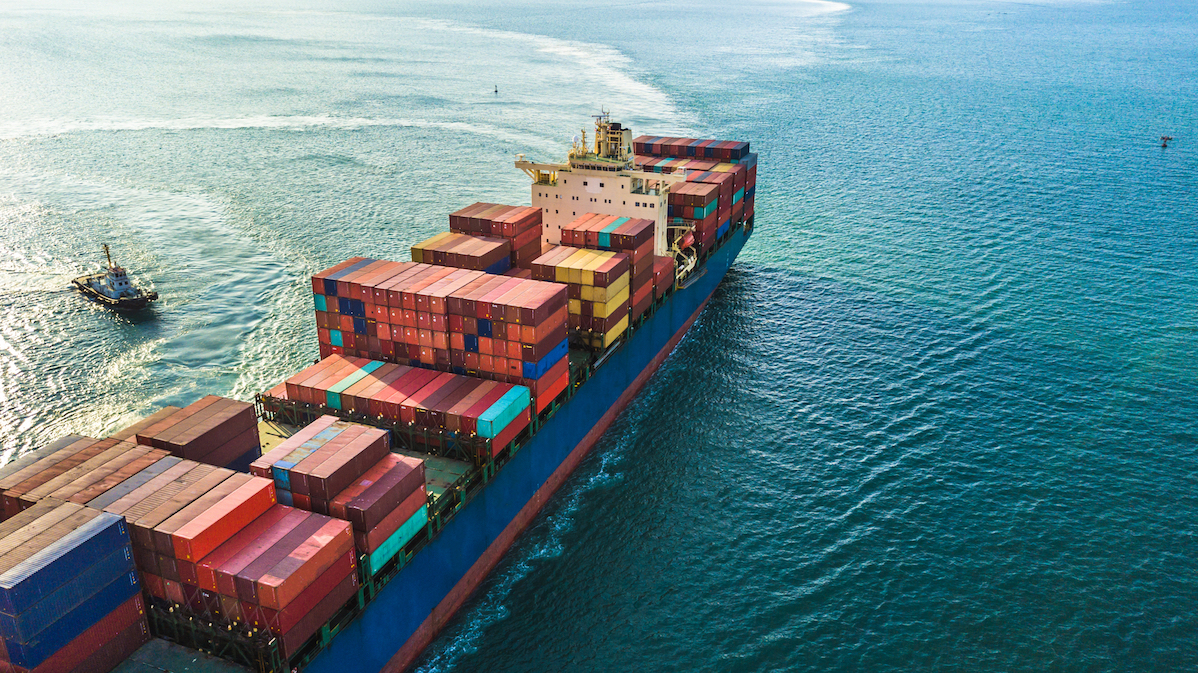
Global trade boom could stifle efforts to reduce CO2 emissions
Researchers at the University of East Anglia (UEA) are reporting that major changes in the international trade industry could sabotage plans to reduce global carbon emissions.
As energy-intensive sectors in countries like China relocate manufacturing plants to regions such as Thailand and Vietnam, CO2 emissions are declining in China yet are drastically rising in these developing countries.
International trade grew by more than 50 percent from 2005 to 2015, and around 60 percent of this increase resulted from rising exports in developing countries. Trade among developing countries, which is referred to as South-South trade, more than tripled in the same time frame – totaling $9.3 trillion in 2014 alone.
The study authors are warning that this growing trend may seriously undermine international efforts to reduce harmful global greenhouse emissions.
“The rapid growth in South-South trade reflects a fragmenting of global supply chains whereby early-production stages of many industries have relocated from countries like China and India to lower-wage economies, a trend that has accelerated since the global financial crisis in 2008,” explained study co-author Dabo Guan.
“In addition to their important implications for global economic development, these trends will affect the magnitude and regional distribution of future global CO2 emissions.”
Despite the sense of urgency for countries to help lower their carbon footprints after the Paris Agreement, the economic boom across South-South trade has been relatively ignored. The team found that the emissions embodied in South-South trade increased from 0.47 gigatons in 2004 to 1.1 gigatons in 2011.
“The carbon intensity of the next phase of global economic development will determine whether ambitious climate targets such as stabilizing at 2 °C will be met, and our findings depict the nascent rise of energy-intensive and emissions-intensive production activities in other Asian countries such as Vietnam and Pakistan,” said Professor Guan.
“The success of international climate mitigation efforts may therefore depend on curtailing growth of coal-based energy and emissions in now-industrializing and urbanizing countries.”
“Otherwise, countries like China and India may meet their nationally determined contribution under the Paris Agreement by hollowing out low-value, energy-intensive manufacturing, and offshoring those activities to emerging markets elsewhere in Asia with less stringent climate policy measures.”
“Successfully mitigating climate change therefore urgently depends on decarbonizing not only energy systems in developed countries but also the entire process of industrialization.”
The study is published in the journal Nature Communications.
—
By Chrissy Sexton, Earth.com Staff Writer













